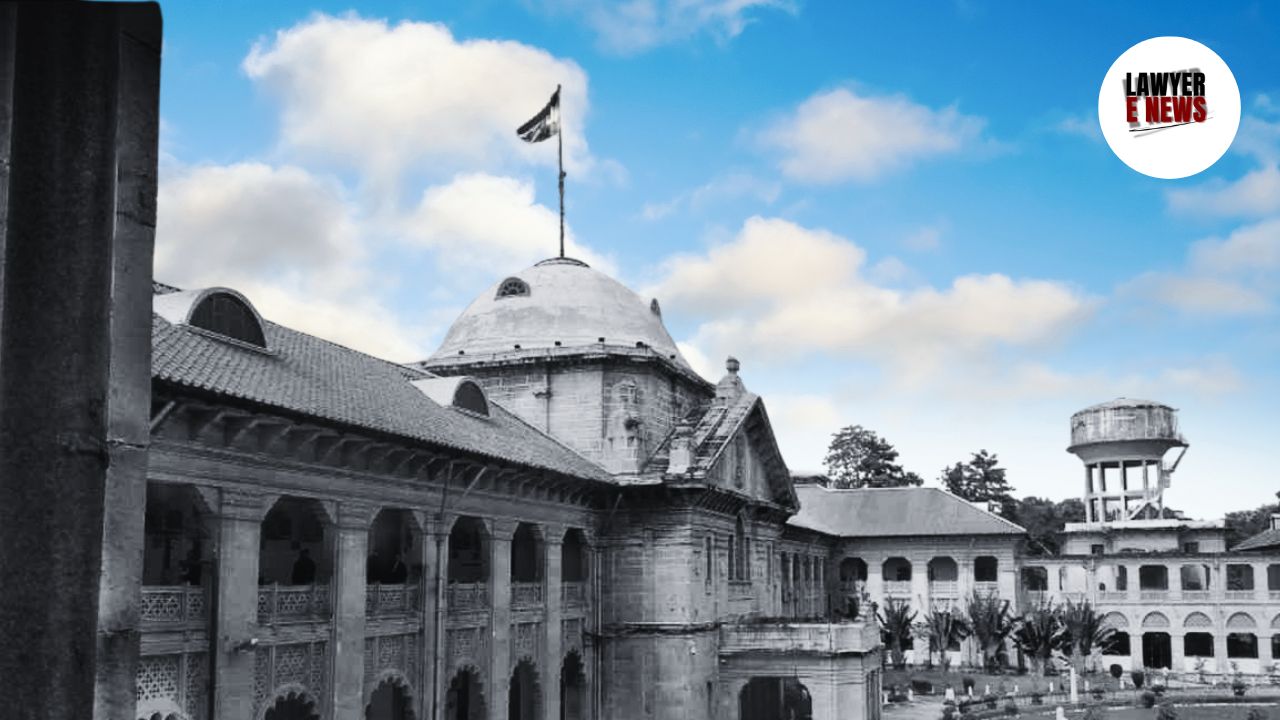-
by Admin
15 February 2026 5:35 AM



Allahabad High Court in HCL Infotech Ltd. vs. Commissioner Commercial Tax quashed a Show Cause Notice issued under Section 74 of the Central Goods and Services Tax (CGST) Act, 2017. The court ruled that the notice lacked the essential allegation of fraud or wilful mis-statement, making it jurisdictionally invalid.
HCL Infotech Ltd., the petitioner, had transferred its unutilized CENVAT credit to the GST regime following the introduction of GST in July 2017. The company initially faced proceedings under Section 73 of the CGST Act for allegedly claiming excessive Input Tax Credit (ITC). After presenting its case, the proceedings were dropped by the tax authorities in December 2023.
Despite this, the tax department issued a fresh Show Cause Notice under Section 74 in August 2024, alleging that the petitioner had availed excessive ITC amounting to ₹1.31 crores. HCL challenged this notice on the grounds that the new proceedings were not supported by any allegation of fraud or wilful mis-statement, as required under Section 74.
The primary legal issue was whether the Show Cause Notice under Section 74 could be valid if it did not contain a specific allegation of fraud, wilful mis-statement, or suppression of facts. The court examined the difference between Section 73 and Section 74 of the CGST Act:
Section 73: Covers cases of excess ITC or tax discrepancies that occur due to reasons other than fraud.
Section 74: Deals with tax discrepancies arising from fraud, wilful mis-statement, or suppression of facts and provides for an extended limitation period.
The court held that Section 74 requires a prima facie belief that fraud or wilful mis-statement was involved. In this case, the Show Cause Notice merely claimed excessive ITC without mentioning any fraudulent intent.
The court emphasized that the lack of specific allegations of fraud or wilful mis-statement in the Show Cause Notice was a critical flaw. Citing Supreme Court precedents, the bench observed:
“Section 74 comes into play when the excessive Input Tax Credit has been availed due to some fraud or wilful mis-statement or suppression of facts.”
Since the notice did not meet this threshold, the court concluded that the proceedings lacked jurisdiction. The ruling clarified that tax authorities cannot invoke Section 74 without first establishing fraud or wilful mis-statement.
The Allahabad High Court quashed the Show Cause Notice, allowing the tax department to issue a fresh notice only if it could substantiate its claims of fraud or wilful mis-statement. The judgment reinforced the procedural safeguards required under the CGST Act for initiating proceedings under Section 74.
Date of Decision: September 27, 2024
HCL Infotech Ltd. vs. Commissioner Commercial Tax.
